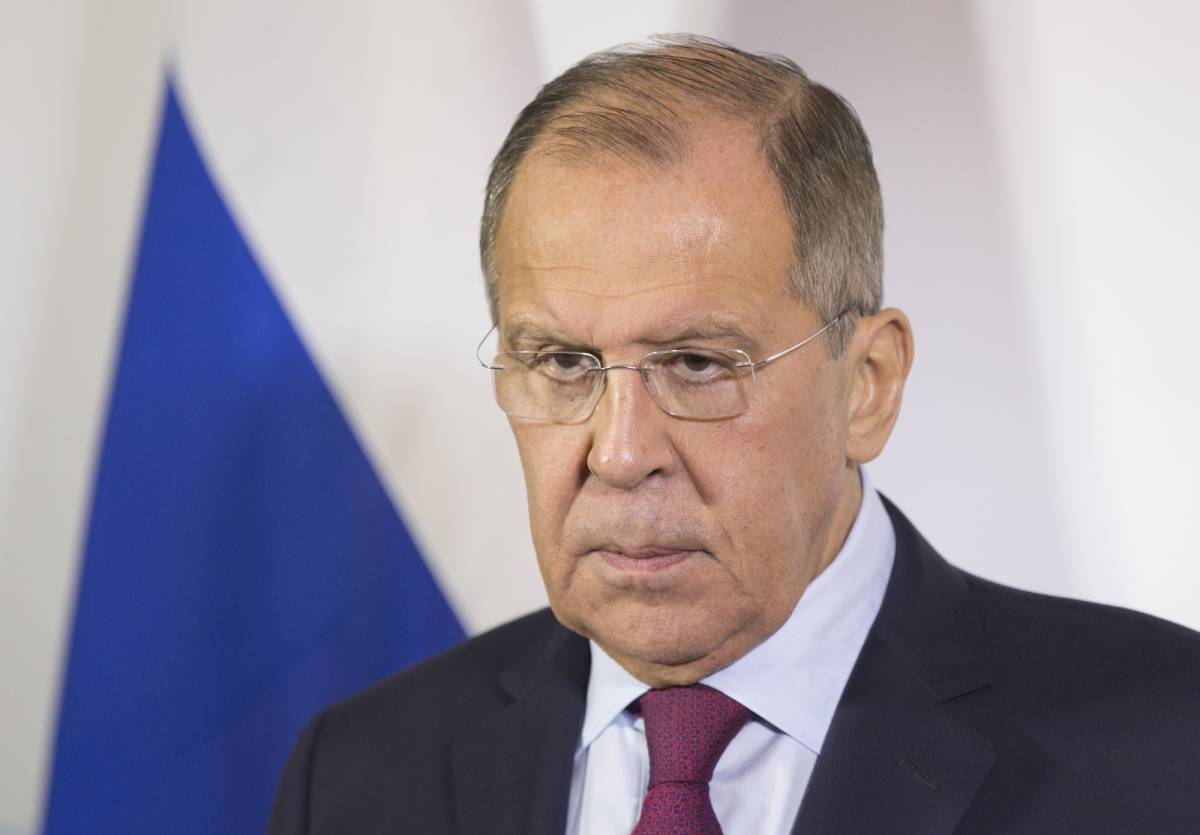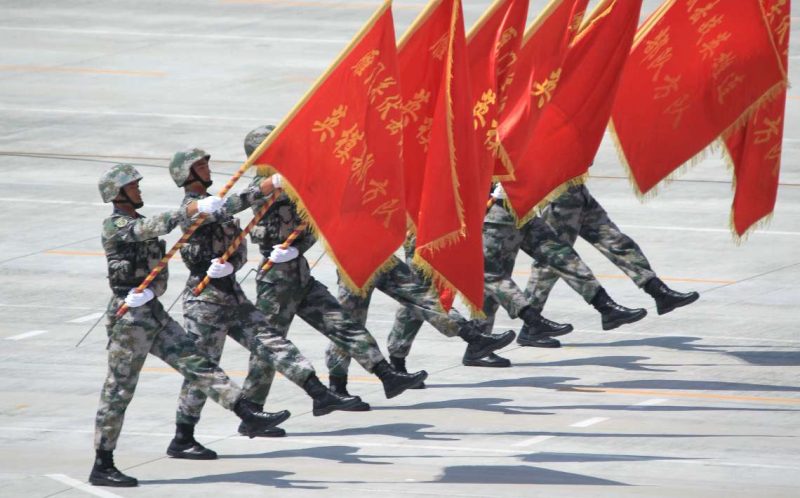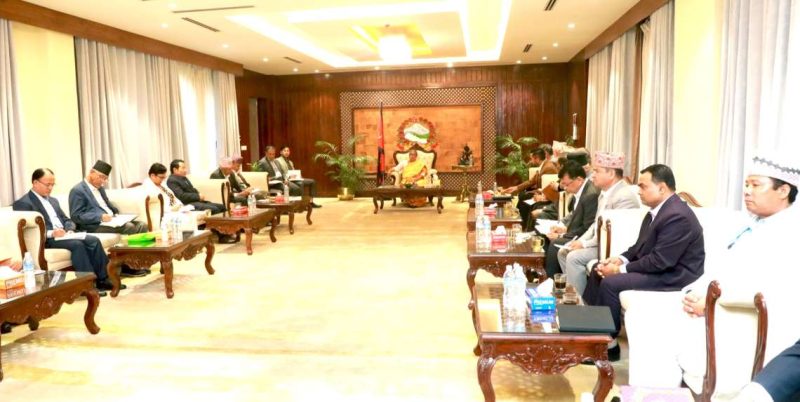The shortage of fuel and technical reasons for the shortfall in electricity generations are the main reason behind the shutdown of power plants…reports Asian Lite News
Pakistan is still witnessing the worst energy crisis as the power shortfall reached 7,468 Megawatts, resulting in the load-shedding of up to 10-18 hours across the nation.
Currently, the total power generation in Pakistan stood at 18,031 MW, while the demand for power is around 25,500 MW, Geo TV reported.
According to the publication, the shortage of fuel and technical reasons for the shortfall in electricity generations are the main reason behind the shutdown of power plants.
Pakistan’s hydro-power plant is producing as many as 3,674 MW of electricity, while the government’s thermal power plants are generating 786 MW. And private power producers are generating only 9,526 MW.
Wind power plants were generating 487 MW while solar power plants, biogas power plants and atomic power plants are generating 104MW, 141 MW, and MW of electricity recently reported Geo TV citing sources.
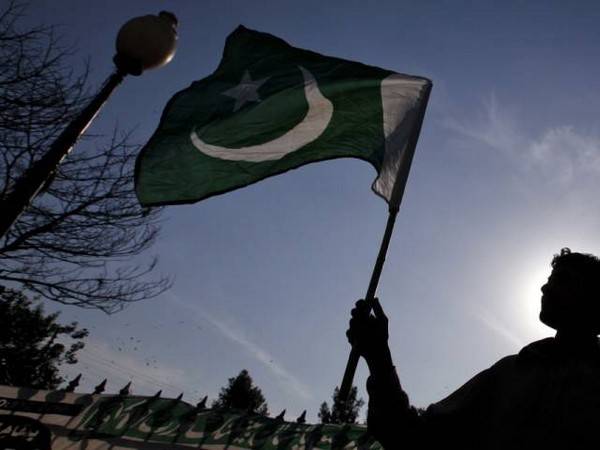
Zubair Ahmed, a resident of Gujranwala questioned the government about the load shedding. “They did not think of this in the holy month. I don’t understand the situation. There was no load-shedding or shortage of diesel 15 days ago. Does anyone know where the electricity and diesel go now,” he asked.
Meanwhile a Karachi resident, Muhammad Hanif Khan said that due to lesser supply from the national grid, “load management” was carried out in his area. Hence, power outages of at least four hours are being witnessed in his locality.
According to Pakistan Power Division officials, urban centres are suffering for up to 10 hours a day, and in rural areas up to 18 hours a day outages in the country. The power cuts made people’s lives miserable at the time of iftar and sehri during the month of Ramzan, reported Geo TV.
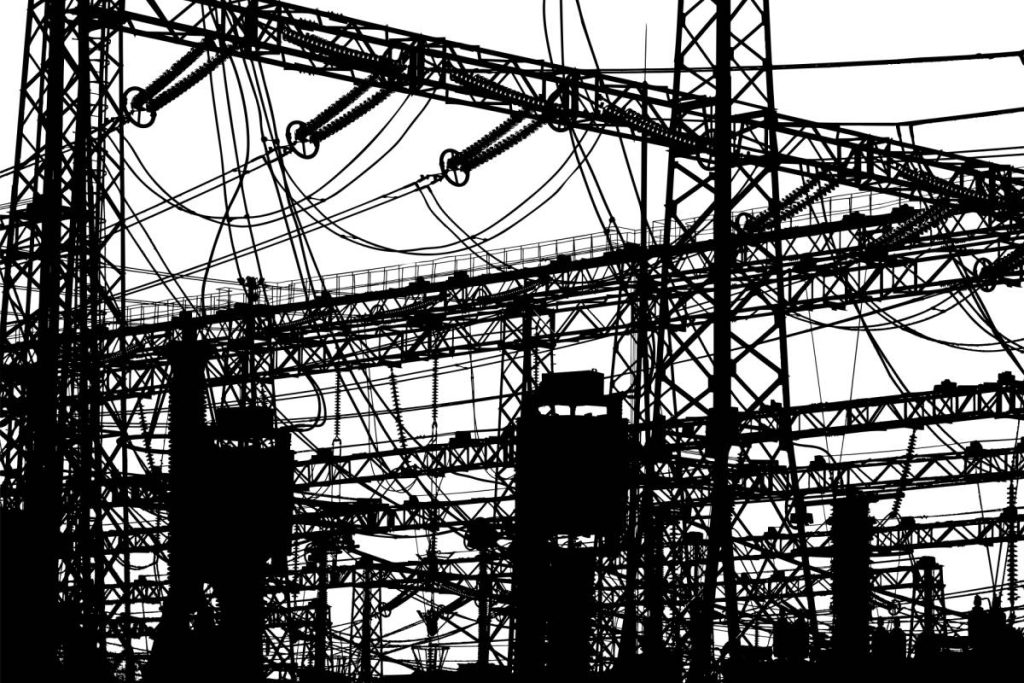
Meanwhile, Pakistan Prime Minister said on Monday that former PM Nawaz Sharif’s government ended the worst load-shedding in five years. He further blamed the previous government’s energy policies for the severe load-shedding in the country.
Taking to Twitter, PM Sharif said that the PTI government failed to address the problem of electricity generation in its tenure.
“The PTI government neither purchased fuel on time nor repaired power plants, hence the current load-shedding,” he added.
He alleged that expensive power generation by the Pakistan Tehreek-e-Insaf (PTI) government through inefficient plants was costing the nation Rs100 billion per month, adding that his government was making efforts to fix the load-shedding problem, as reported by Geo TV.
However, Pakistan former Energy Minister Hammad Azhar rejected PM Sharif’s claims. He said the country is facing load-shedding and unavailability of diesel due to the incompetence of the newly formed government. (ANI)






